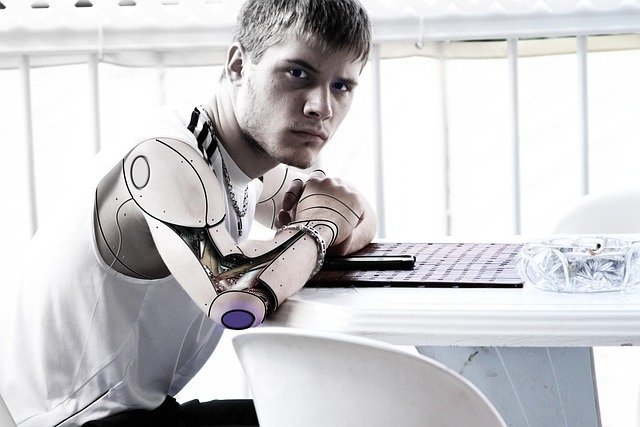
Scientific Contributions: A Journey Through Time
Science is like that friend who always shows up to the party with a new gadget or a wild theory that makes everyone go, “Whoa, tell me more!” From the moment humans figured out fire (thank you, cavemen), we’ve been on a quest for knowledge that has led to some of the greatest scientific contributions of all time. Let’s take a stroll down this fascinating path and highlight some of the most impactful discoveries that have shaped our world.
1. Penicillin: The Accidental Hero
In 1928, Alexander Fleming discovered penicillin, the world’s first antibiotic. He wasn’t even looking for it! Just a bit of mold in his petri dish, and boom—lives saved. This little mold has since treated countless infections and is a classic example of how sometimes, the best discoveries come when you least expect them. Talk about a happy accident!
2. The Structure of DNA: The Double Helix Drama
In the 1950s, James Watson and Francis Crick, with a little help from Rosalind Franklin, unraveled the mystery of DNA’s double helix structure. This discovery didn’t just win them a Nobel Prize; it unlocked the secrets of genetics, paving the way for everything from ancestry tests to CRISPR gene editing. Imagine being able to edit your genes like a Word document; that’s the power of understanding DNA!
3. The Theory of Relativity: Einstein’s Mind-Bending Ideas
Albert Einstein’s theory of relativity changed our understanding of space and time. It’s like he took the universe, shook it up, and said, “Look, it’s all relative!” This theory has had profound implications on everything from GPS technology to our understanding of black holes. Who knew that time could be so flexible?
4. Vaccination: The Original Life-Saver
Edward Jenner’s work on vaccination in the late 18th century laid the groundwork for immunology. By using cowpox to create immunity to smallpox, he essentially kicked off the idea of vaccines. Fast forward to today, and we have vaccines for everything from measles to COVID-19. It’s amazing how a little science can save millions of lives!
5. The Internet: Connecting the Dots
While not a traditional scientific discovery, the development of the Internet has transformed how we access and share information. Thanks to pioneers like Tim Berners-Lee, the World Wide Web connects us all, making knowledge more accessible than ever. Who would have thought that cat videos and scientific research papers would coexist so harmoniously?
6. Quantum Mechanics: The Weird Side of Science
Quantum mechanics is like the quirky cousin of classical physics. It’s filled with strange concepts like superposition and entanglement that challenge our understanding of reality. While it may sound like science fiction, it’s the foundation for modern technologies like lasers and semiconductors. So, the next time you use your smartphone, thank quantum mechanics for making it possible!
7. Climate Change Research: The Call to Action
In recent decades, scientific research on climate change has become crucial. Scientists have provided us with the data and models that show how human activity impacts the planet. This research is not just academic; it’s a wake-up call for all of us to take action and protect our environment. After all, we only have one Earth—let’s not treat it like a rental!
Conclusion
From life-saving medicines to groundbreaking theories, scientific contributions have fundamentally altered our lives. They remind us that curiosity and observation can lead to incredible innovations. So, what do you think is the greatest scientific discovery of all time? Drop your thoughts in the comments below—let’s keep the conversation going!
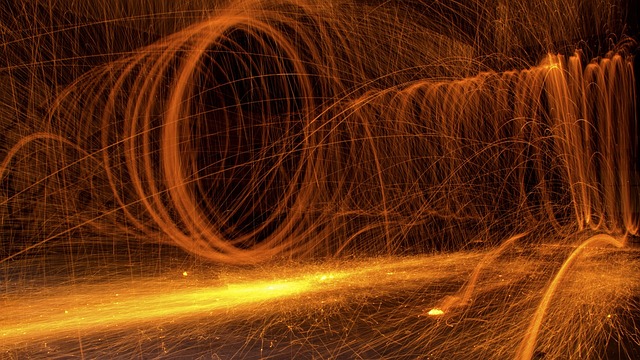



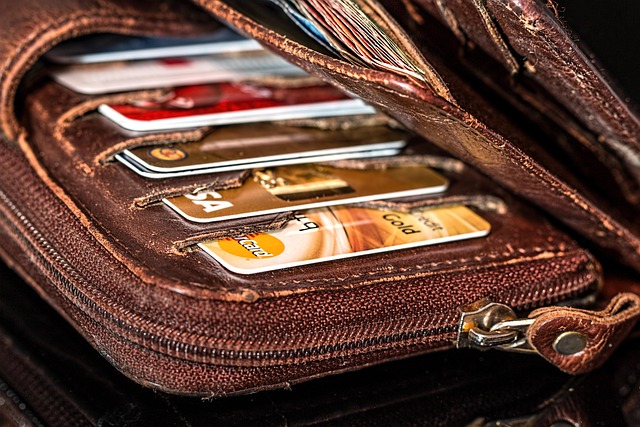

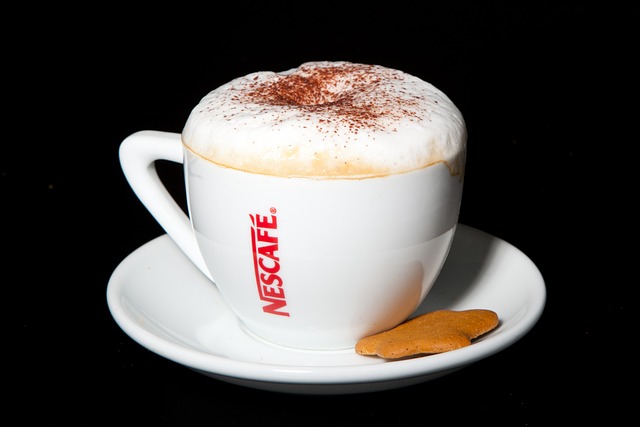
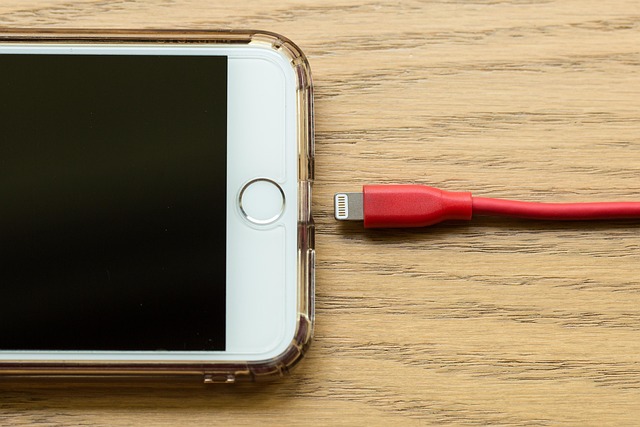
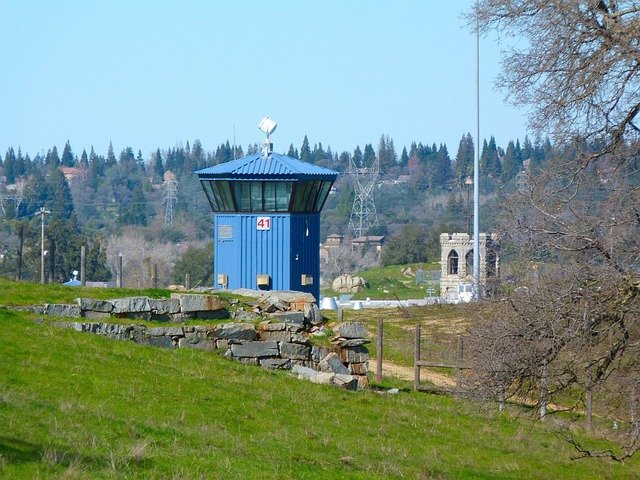
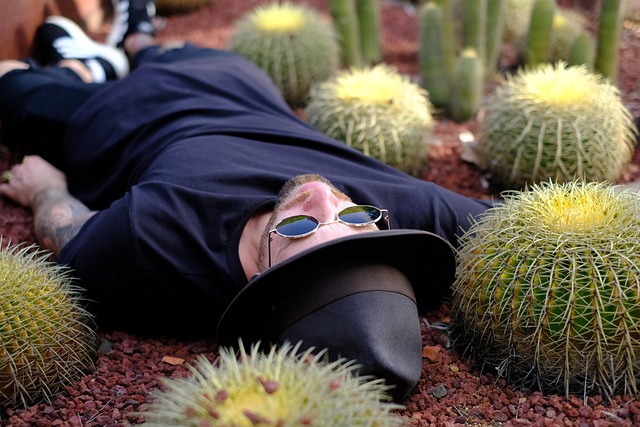

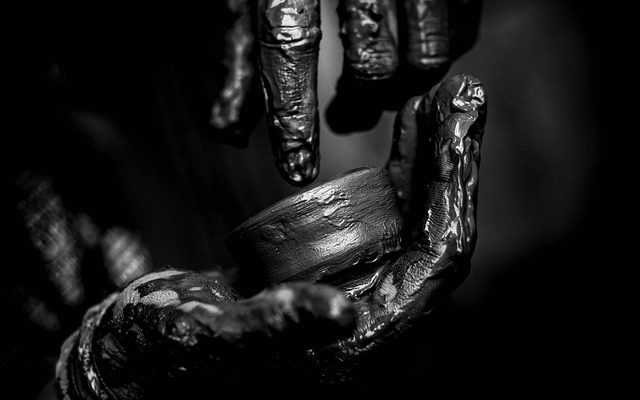
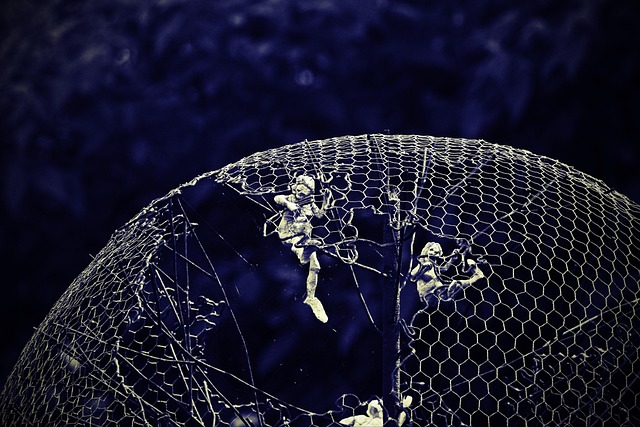

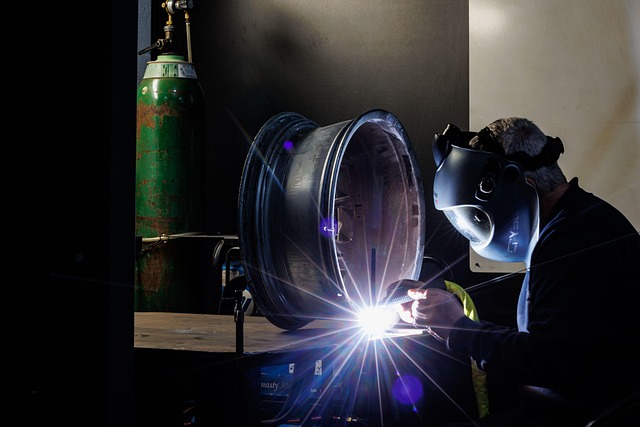


 What’s the Deal with IFRS 18?
What’s the Deal with IFRS 18? 
 Health
Health  Fitness
Fitness  Lifestyle
Lifestyle  Tech
Tech  Travel
Travel  Food
Food  Education
Education  Parenting
Parenting  Career & Work
Career & Work  Hobbies
Hobbies  Wellness
Wellness  Beauty
Beauty  Cars
Cars  Art
Art  Science
Science  Culture
Culture  Books
Books  Music
Music  Movies
Movies  Gaming
Gaming  Sports
Sports  Nature
Nature  Home & Garden
Home & Garden  Business & Finance
Business & Finance  Relationships
Relationships  Pets
Pets  Shopping
Shopping  Mindset & Inspiration
Mindset & Inspiration  Environment
Environment  Gadgets
Gadgets  Politics
Politics 